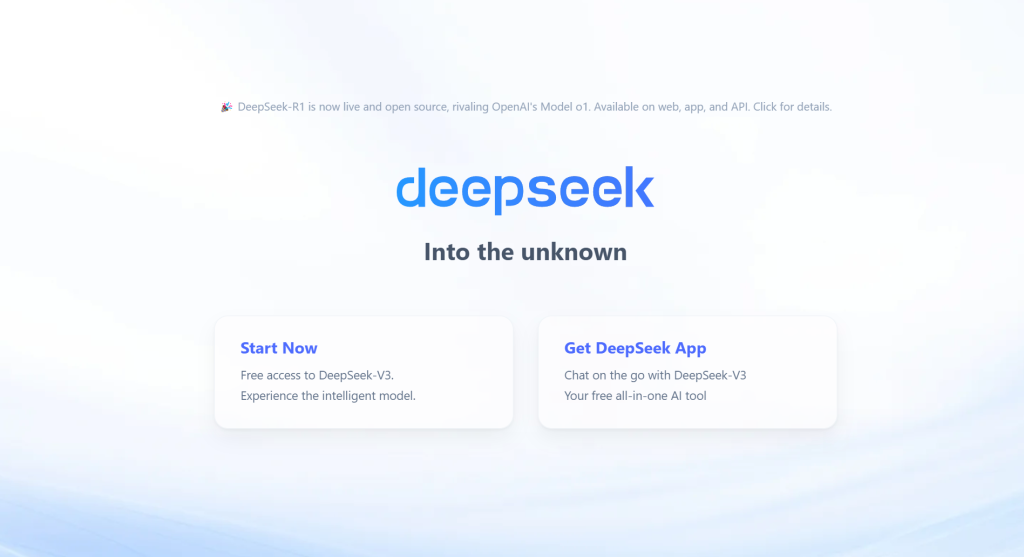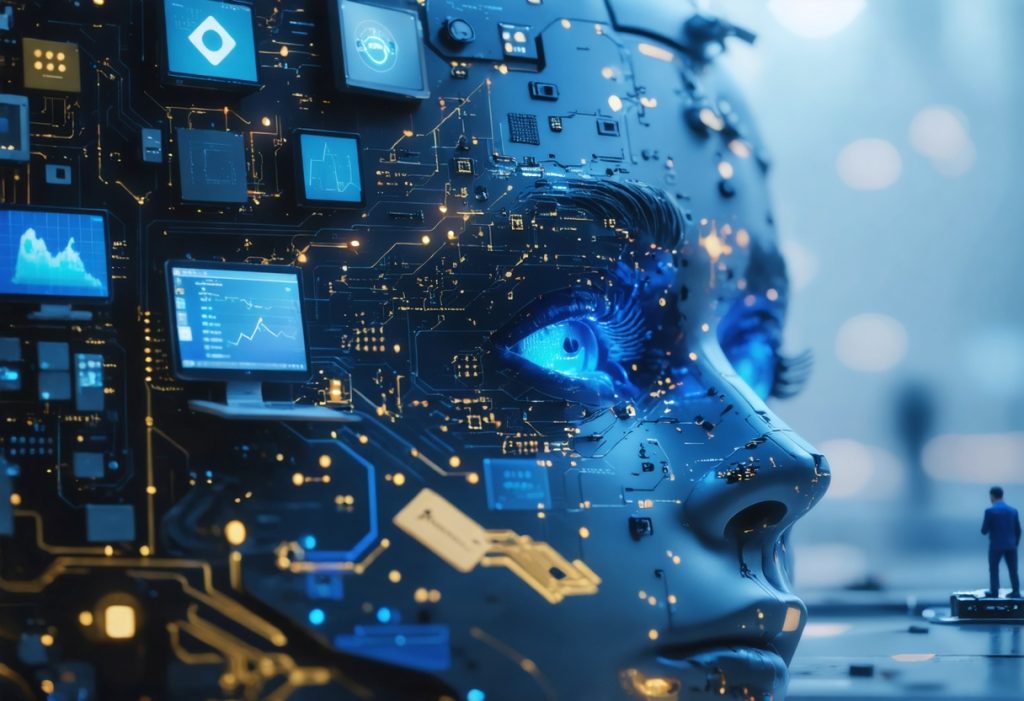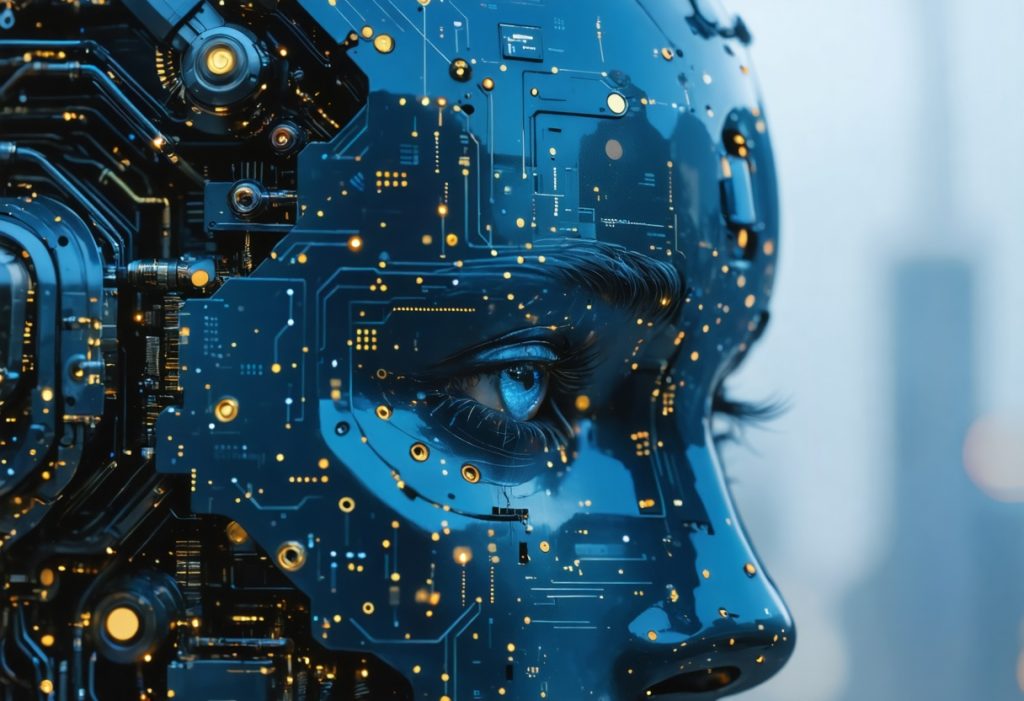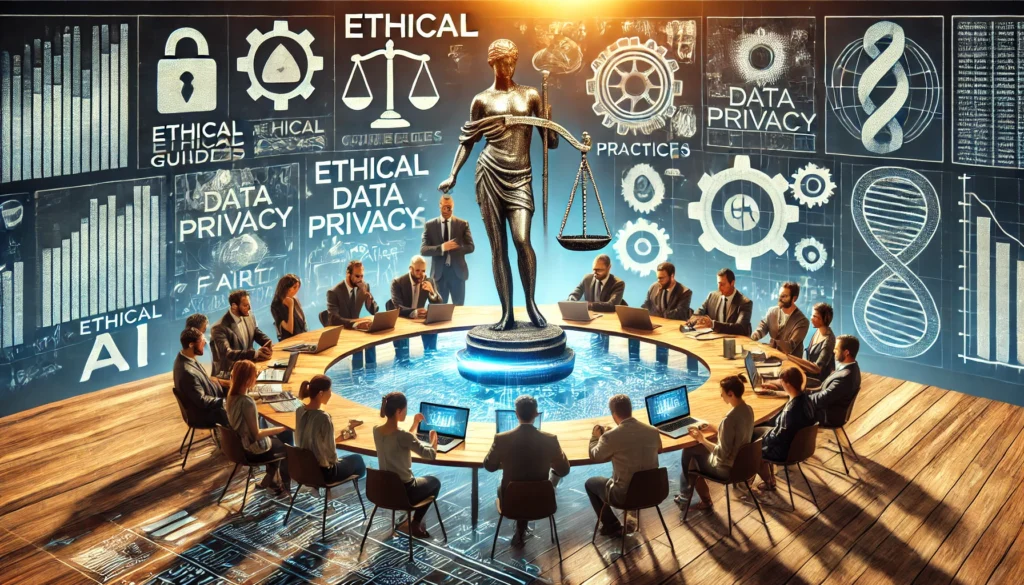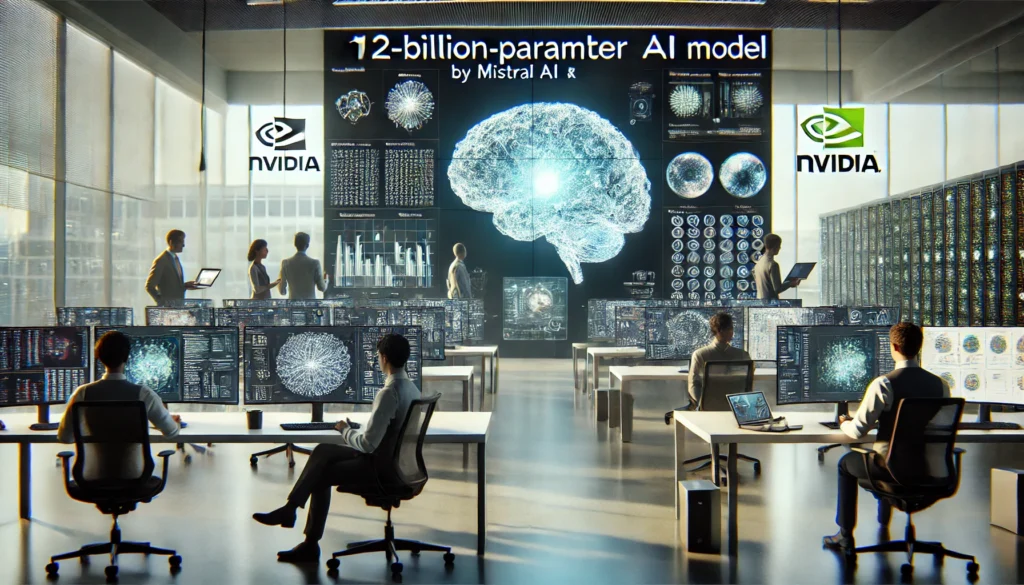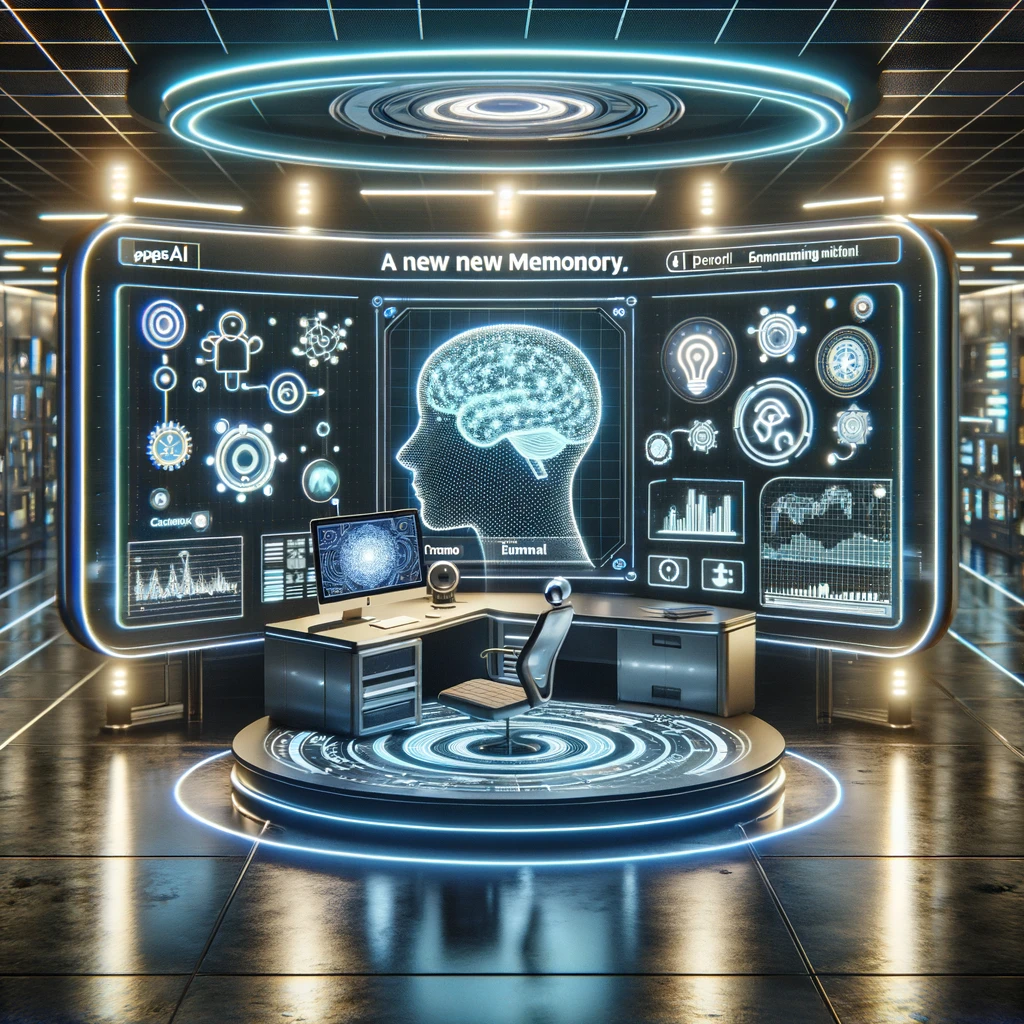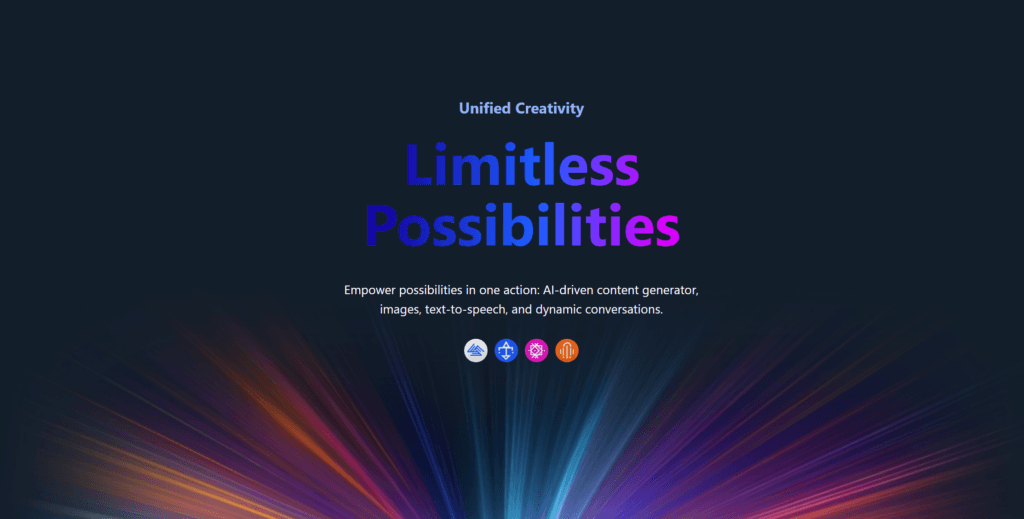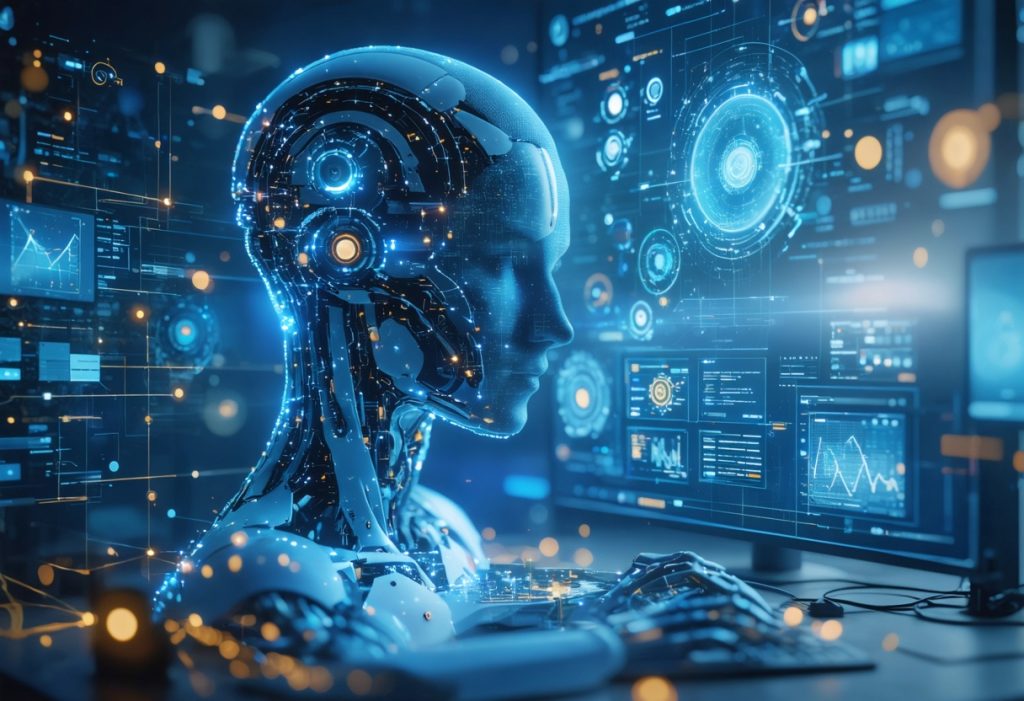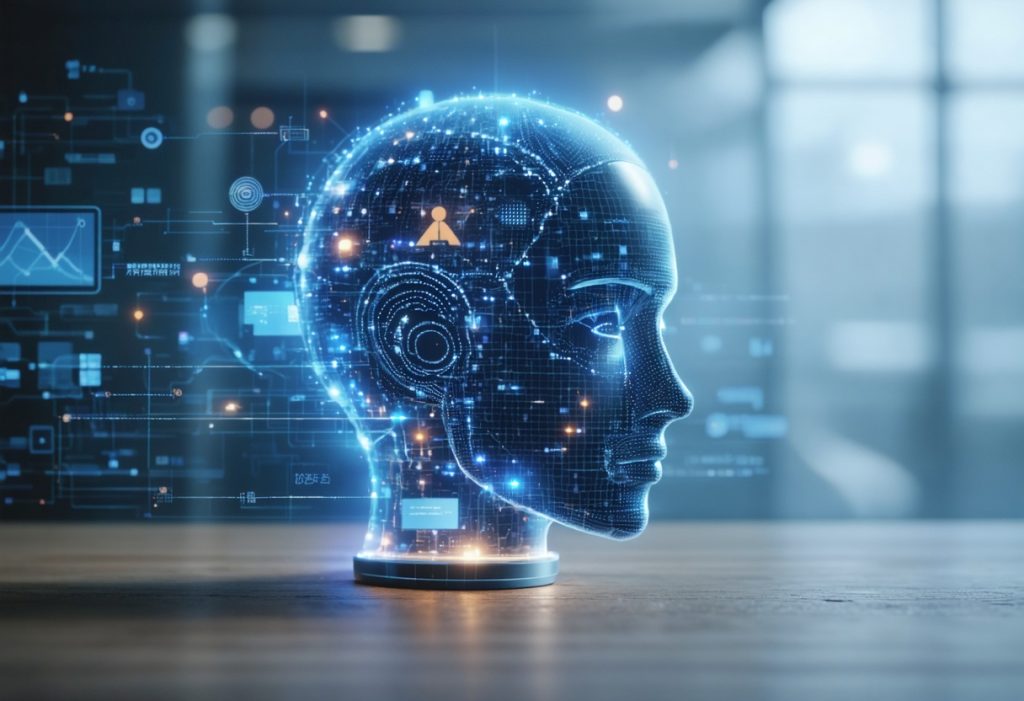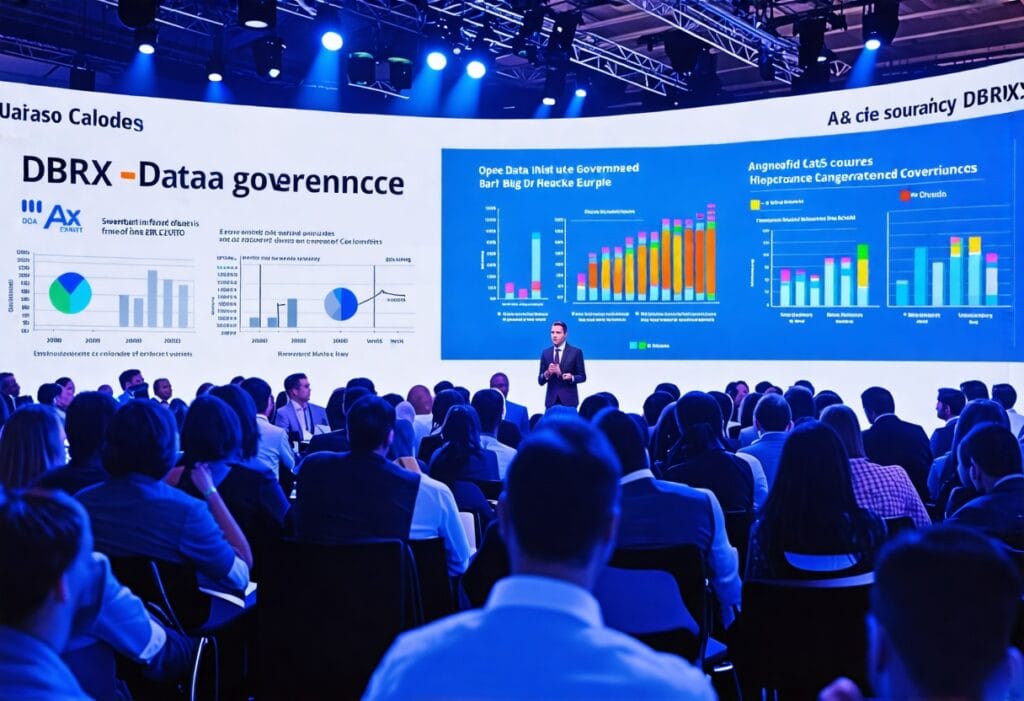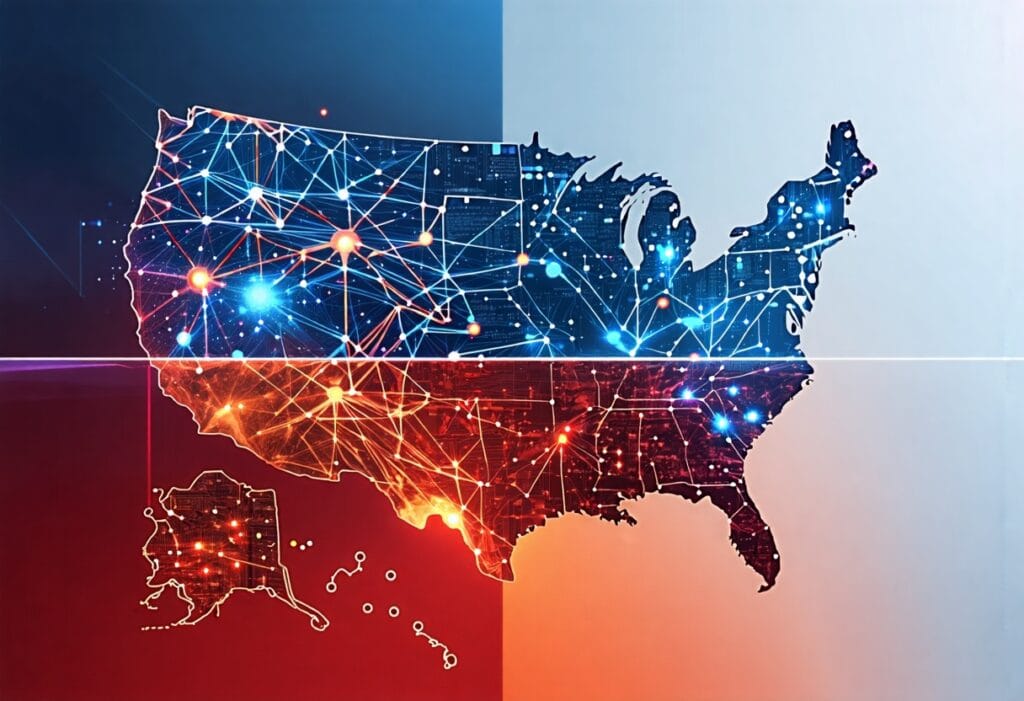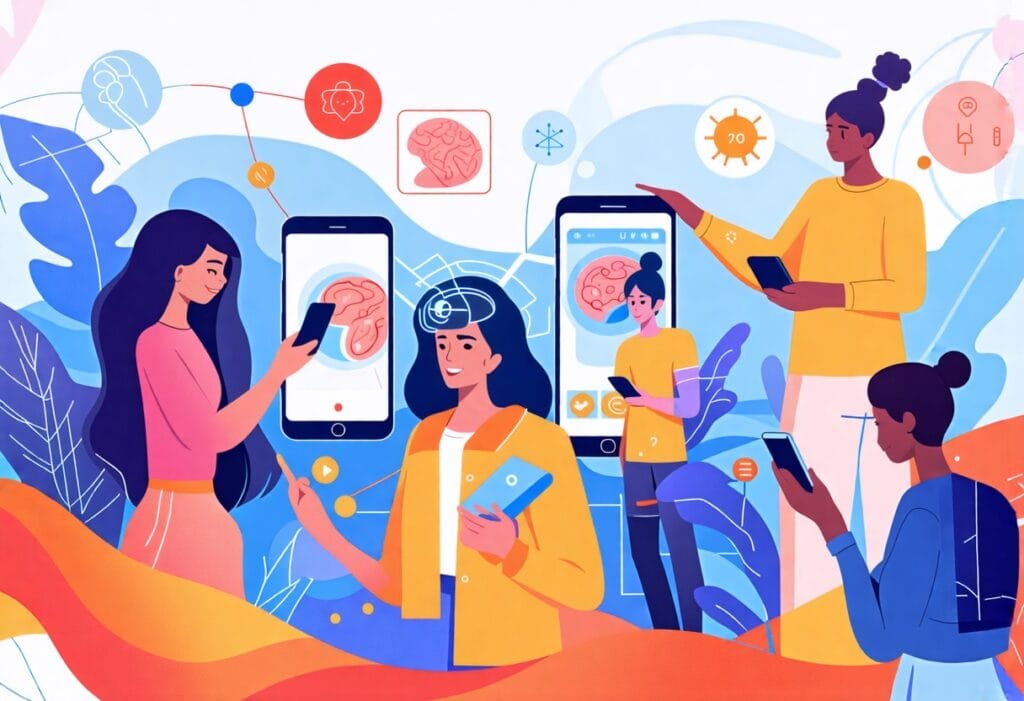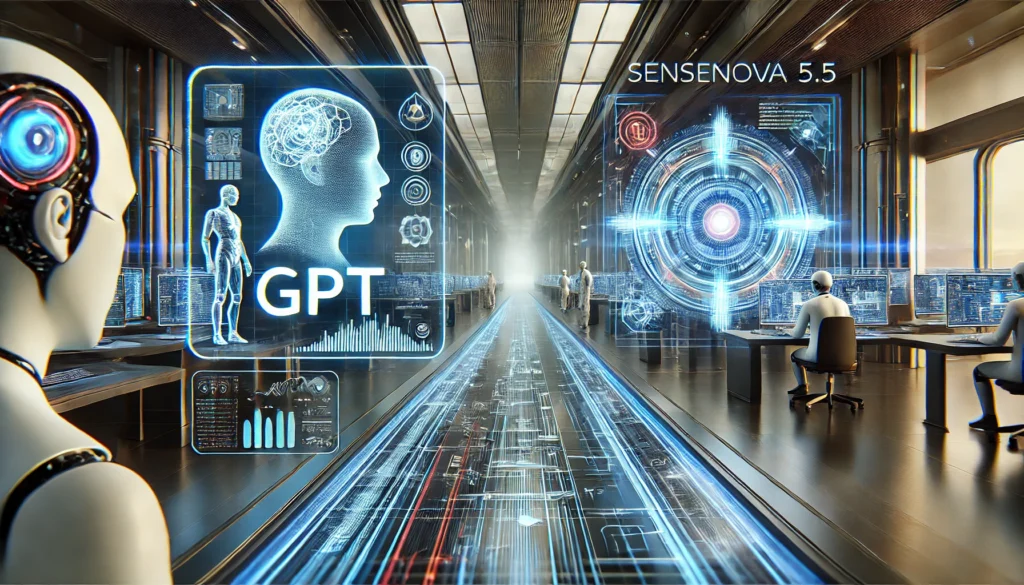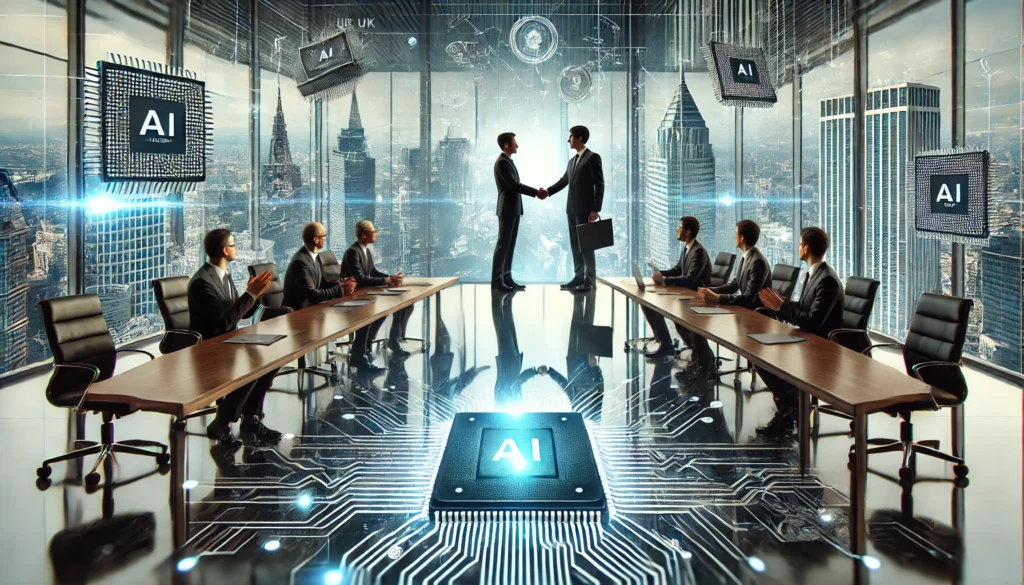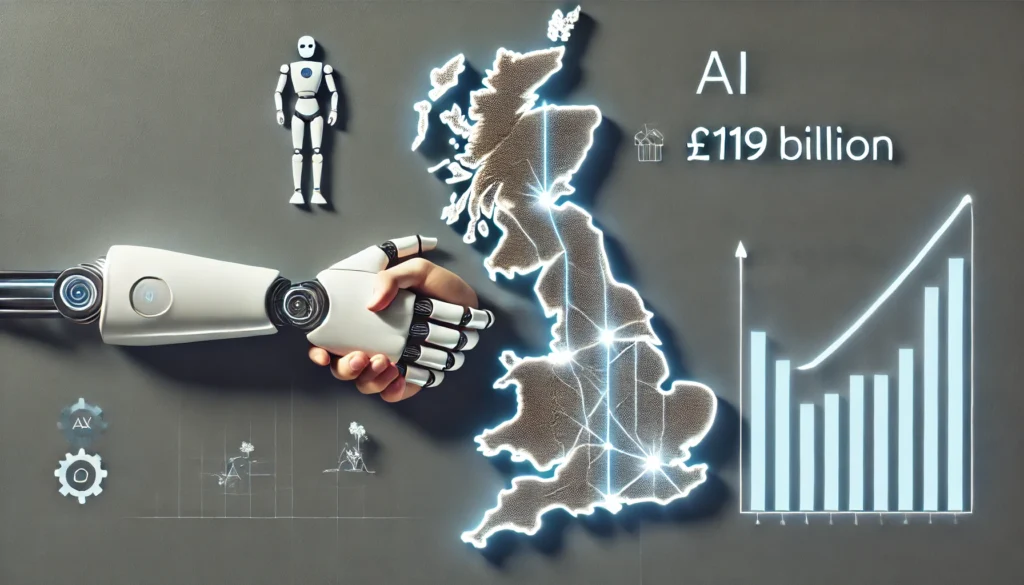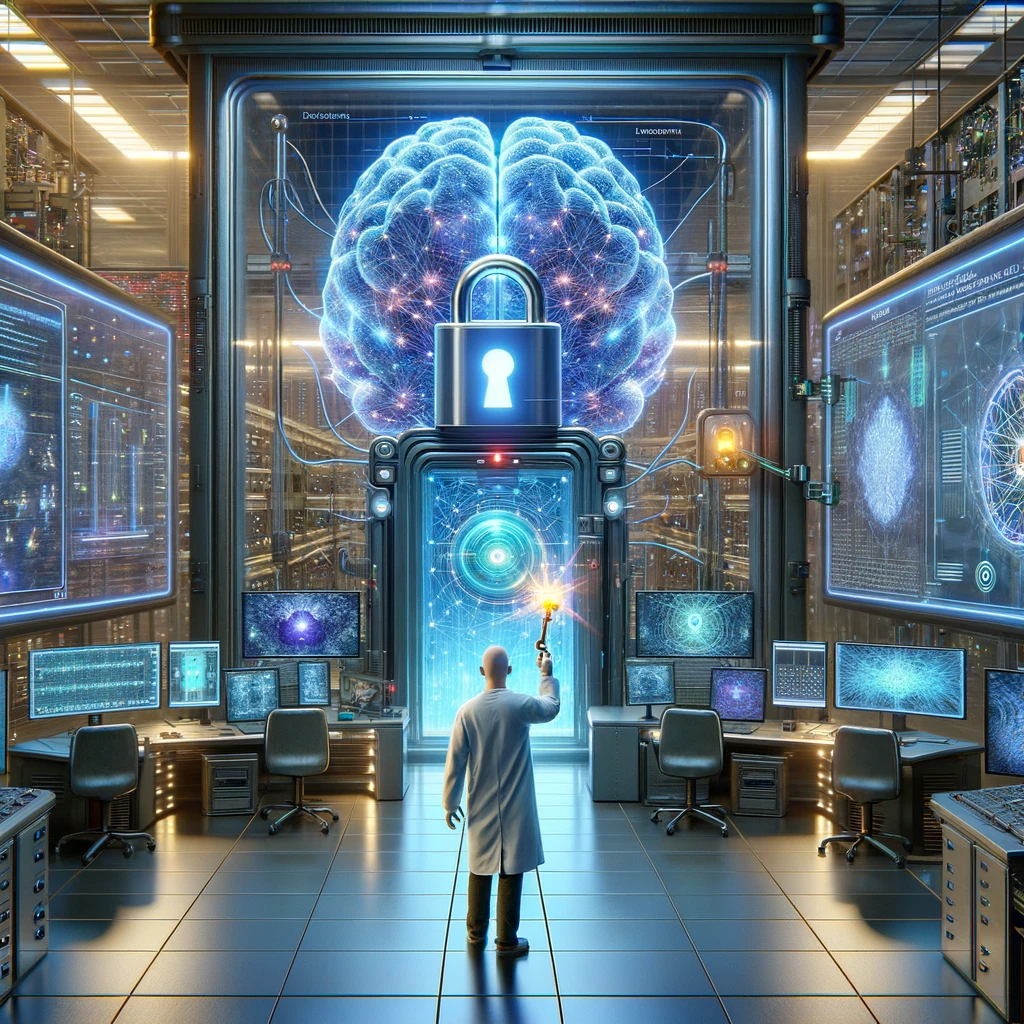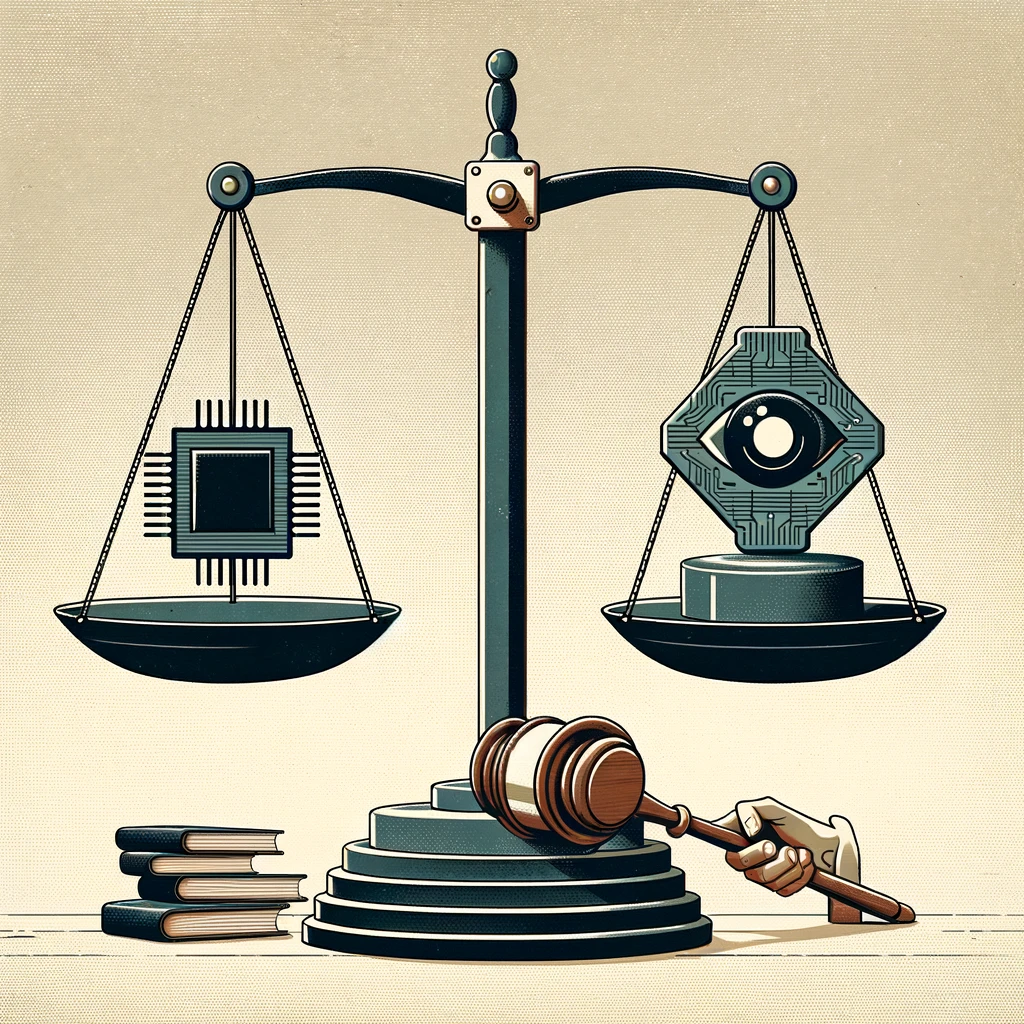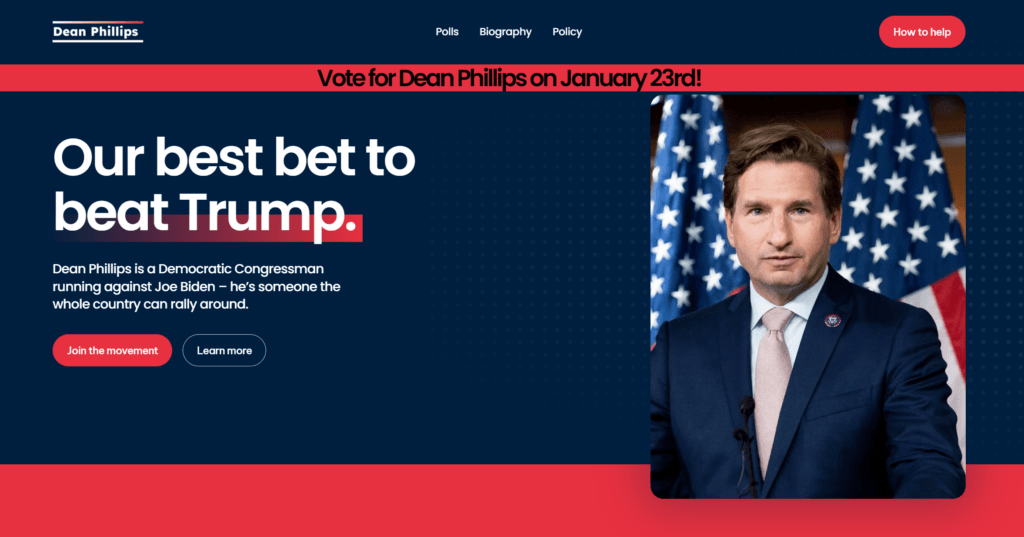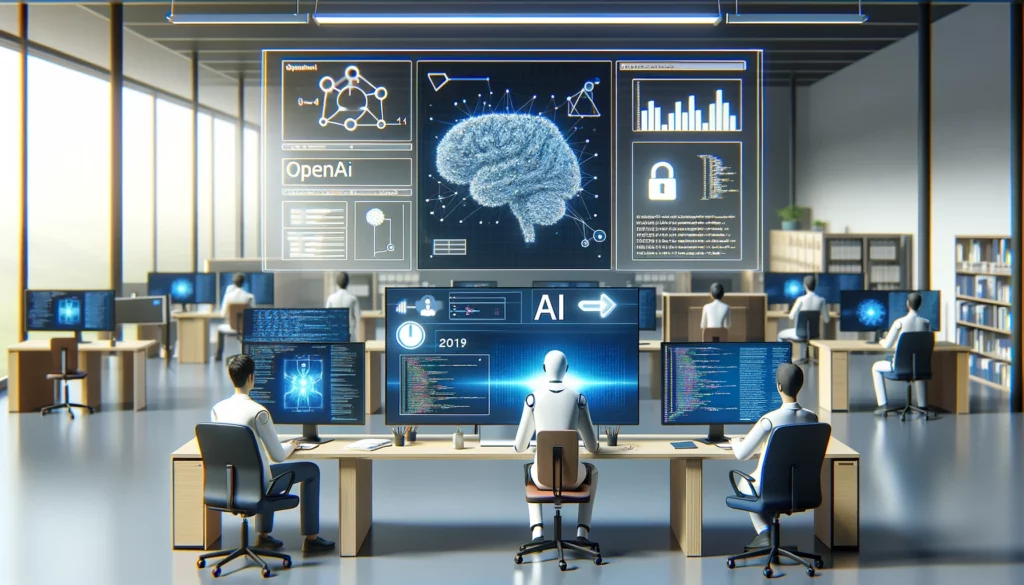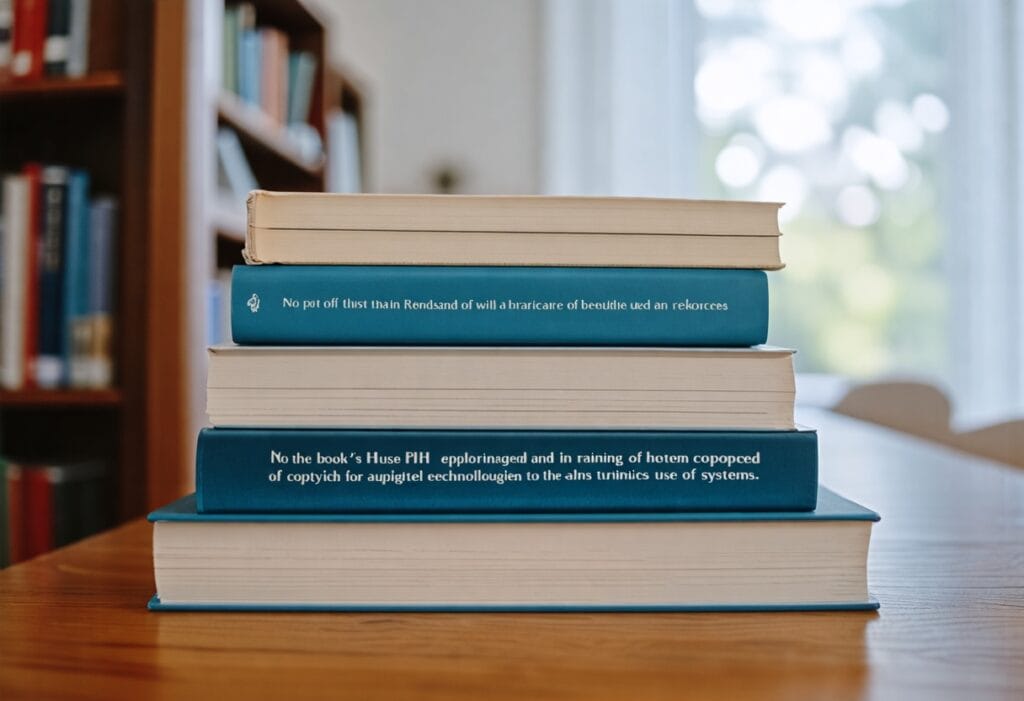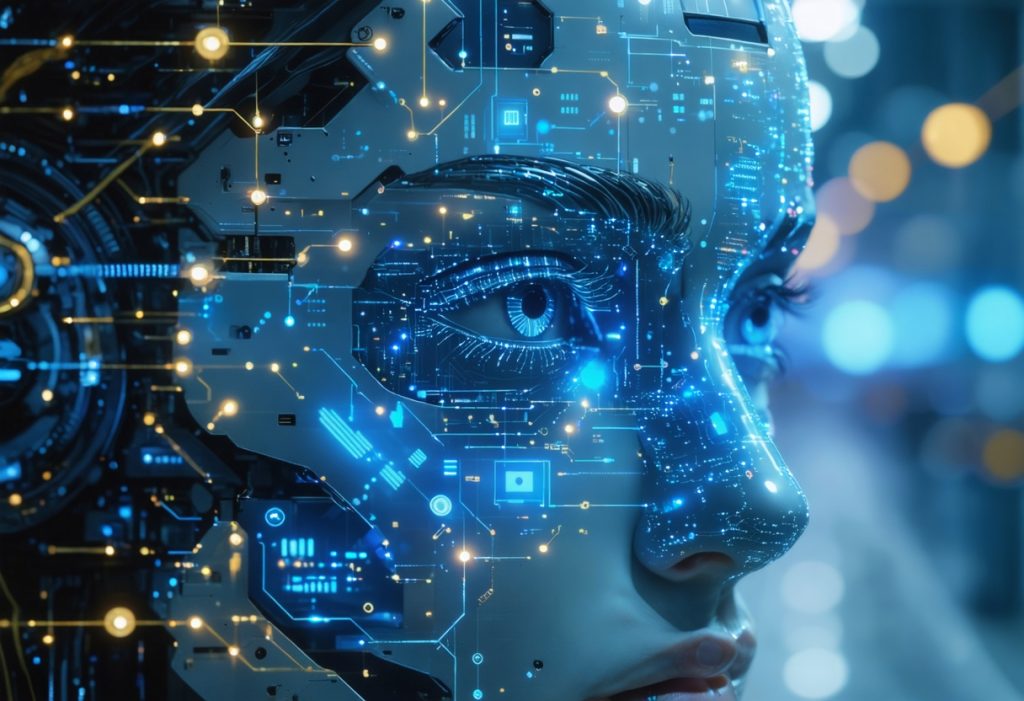Meta Faces Piracy Allegations in AI Development: Legal and Ethical Implications

Meta Accused of Using Pirated Data for AI Development: Ethical Implications and Legal Battles
The ongoing case of Kadrey et al. vs. Meta has raised critical questions about the ethical boundaries of artificial intelligence development and copyright law. Plaintiffs, including notable authors, are accusing Meta of knowingly utilizing pirated datasets, specifically from the controversial shadow library LibGen, to train its AI models. Court documents reveal alarming practices, such as the alleged approval from senior executives, including Meta’s CEO, to use pirated material while dismissing internal concerns about the legality of such actions. As legal proceedings unfold, the implications for Meta’s reputation and the future of AI development are profound, highlighting a burgeoning conflict between technological advancement and intellectual property rights.
This case not only signals a potential turning point in the relationship between AI companies and copyright holders but also reflects broader societal concerns about the ethical dimensions of AI practices. With international scrutiny on the misuse of copyrighted materials in AI training, this legal battle emphasizes the urgent need for clarity in regulations that protect creators while fostering innovation. As the case continues, its outcomes could set significant precedents that shape the future landscape of AI development and copyright law.
Overview of the Kadrey et al. vs. Meta Case
The lawsuit Kadrey et al. vs. Meta is a seminal case that could redefine the boundaries of copyright law as it relates to artificial intelligence (AI) development. Central to the case is the allegation that Meta illegally utilized a dataset sourced from the notorious shadow library LibGen, which contains a vast collection of pirated material. The plaintiffs, a group of authors, contend that they have the legal right to protect their works from unauthorized use, particularly when powerful corporations like Meta are involved. The implications are broad, signaling a potential shift in how tech companies acquire and use data for AI training.
Legal Framework and Allegations
The legal claims brought forth by the plaintiffs hinge primarily on violations of the Digital Millennium Copyright Act (DMCA) and the California Comprehensive Data Access and Fraud Act (CDAFA). Under the DMCA, it is unlawful to knowingly remove copyright management information, a crucial part of digital works that identifies the authorship and ownership of content. The plaintiffs assert that Meta engaged in this practice to hide unauthorized uses of copyrighted text while training its Llama AI models.
In the context of the CDAFA, the allegations revolve around Meta’s methods of data acquisition. According to the plaintiffs, the company’s reliance on torrenting to download datasets from LibGen constitutes unauthorized access to and distribution of copyrighted works. This legal framework serves as the battleground for issues that may arise in future copyright disputes involving AI technologies.
The Ethical Dilemma: Innovation vs. Copyright Protection
The Kadrey et al. case underscores an ethical dilemma that has been brewing in the tech industry: the balance between innovation and intellectual property rights. AI companies argue that they require access to vast datasets to improve their models; however, these datasets often contain copyrighted material. As AI technologies evolve, the challenge lies in crafting ethical guidelines and legal frameworks that can accommodate rapid technological advancements while respecting creators’ rights.
Internal communications from Meta reveal that ethical concerns about using pirated datasets were raised among engineers and executives, highlighting the conflicting priorities companies face when striving for technological advancement while adhering to legal and ethical standards. Such disputes set a precedent for future AI developers, indicating the need for robust ethical guidelines governing data usage in AI training.
Impact of Global Scrutiny on AI Development
The ongoing scrutiny surrounding Meta’s practices coincides with a broader, global examination of how AI technologies are trained and the datasets they rely on. As courts in various jurisdictions become more willing to address these concerns, the outcomes of notable cases may influence international norms and legislation regarding AI development. This heightened scrutiny could prompt companies to adopt more stringent data acquisition policies and ethical practices in their AI training processes.
Current discussions around generative AI technologies reflect ongoing tensions between innovation and copyright, highlighting the urgency for regulatory frameworks that can effectively govern this evolving landscape. A pivotal factor will be how legal precedence established in the Kadrey et al. case influences both courts and policymakers moving forward.
Implications for Meta’s Future and AI Strategy
The allegations against Meta have substantial implications for its reputation and future ambitions in the AI sector. As the company transitions towards becoming increasingly AI-centric, its reliance on potentially pirated data could undermine its credibility and stakeholder trust. Furthermore, the outcomes of this case could set challenging expectations for transparency and ethics in AI training for Meta and other tech companies.
If found liable, Meta may face not only financial penalties but also demands for substantial changes in its data practices, which could slow down its AI development efforts and hinder competitive advantages within an industry characterized by rapid innovation and evolution. The broader question remains whether consumers and industry stakeholders can maintain confidence in AI technologies developed under potentially questionable ethical practices.
The Need for Clear Regulations in AI Development
The Kadrey et al. case highlights the urgent need for established regulations that can delineate the boundaries of acceptable data usage in AI development. As companies navigate these murky waters, the lack of clarity in copyright law presents a significant risk for both innovators and creators. The intersection of copyright law and AI demands a unified approach to protect the rights of content creators while empowering tech companies to harness data responsibly.
In light of ongoing legal battles and emerging legislation, policymakers are tasked with the challenge of creating frameworks that balance innovation with creator rights. There is an immediate need for regulatory clarity to ensure that new technological advancements do not come at the expense of creators’ rights or the integrity of copyright laws.
The Broader Context of Copyright Challenges in the AI Landscape
As the legal landscape for AI continues to evolve, cases like Kadrey et al. vs. Meta may influence future copyright battles, not only in the U.S. but also internationally. The implications of these legal developments extend beyond just Meta—they may establish benchmarks for how all AI companies approach data acquisition, ethical guidelines, and compliance with intellectual property laws.
As creators, legislators, and tech companies navigate these complex challenges, the importance of fostering dialogue and collaboration among stakeholders becomes crucial. By engaging in constructive discussions about ethical AI development, the industry can work towards establishing a framework that respects and elevates creativity while driving innovation on the technological front.
Looking Ahead: The Future of AI Development and Copyright Law
The ongoing legal challenges faced by Meta serve as a crucial reminder of the intersection between AI innovation and copyright protection. As the industry confronts the implications of data usage practices, it is becoming increasingly clear that establishing clear and comprehensive regulations is imperative. The Kadrey et al. case highlights the need for a balanced approach that supports technological advancement while safeguarding the rights of content creators.
As the outcome of this case unfolds, it may set critical precedents that influence not just Meta but the entire AI sector. Future AI development could hinge on the ability to navigate ethical dilemmas effectively and to adopt transparent practices that prioritize legal compliance. The focus now shifts towards fostering an environment where AI companies can innovate responsibly, ensuring that creators’ contributions are recognized and respected.
In conclusion, the challenges presented by the current legal landscape underline the urgency for dialogue between stakeholders—including tech companies, creators, and regulators. A collaborative effort can help establish the necessary frameworks that protect intellectual property rights while empowering AI advancements, ultimately shaping a future where innovation does not come at the expense of creative integrity.
